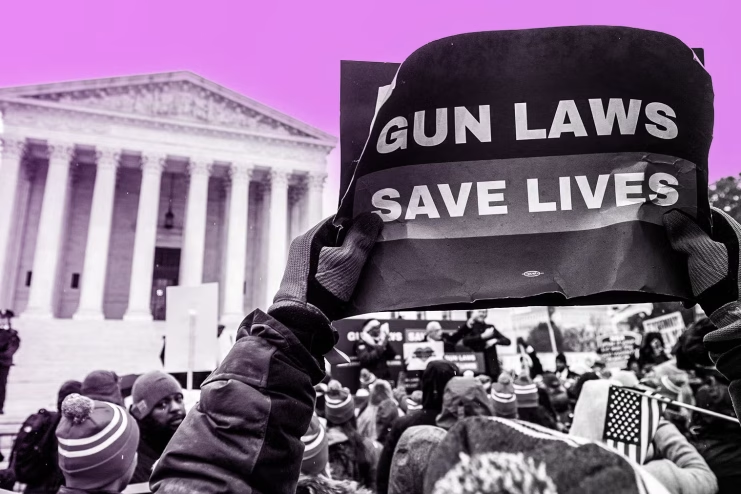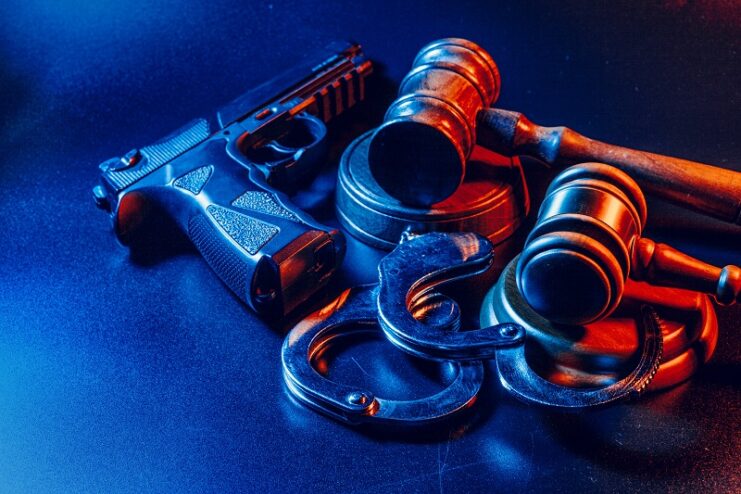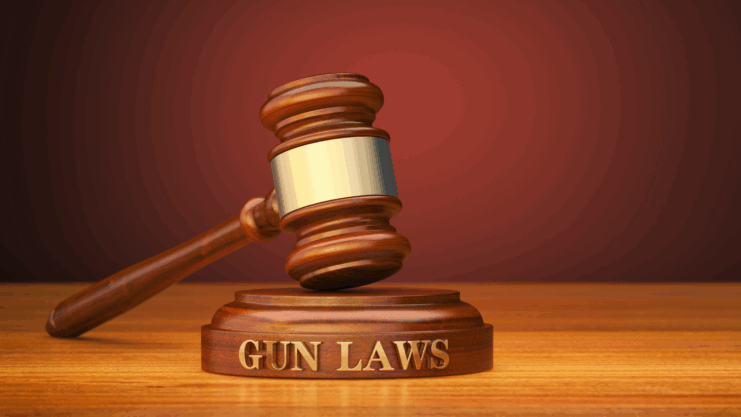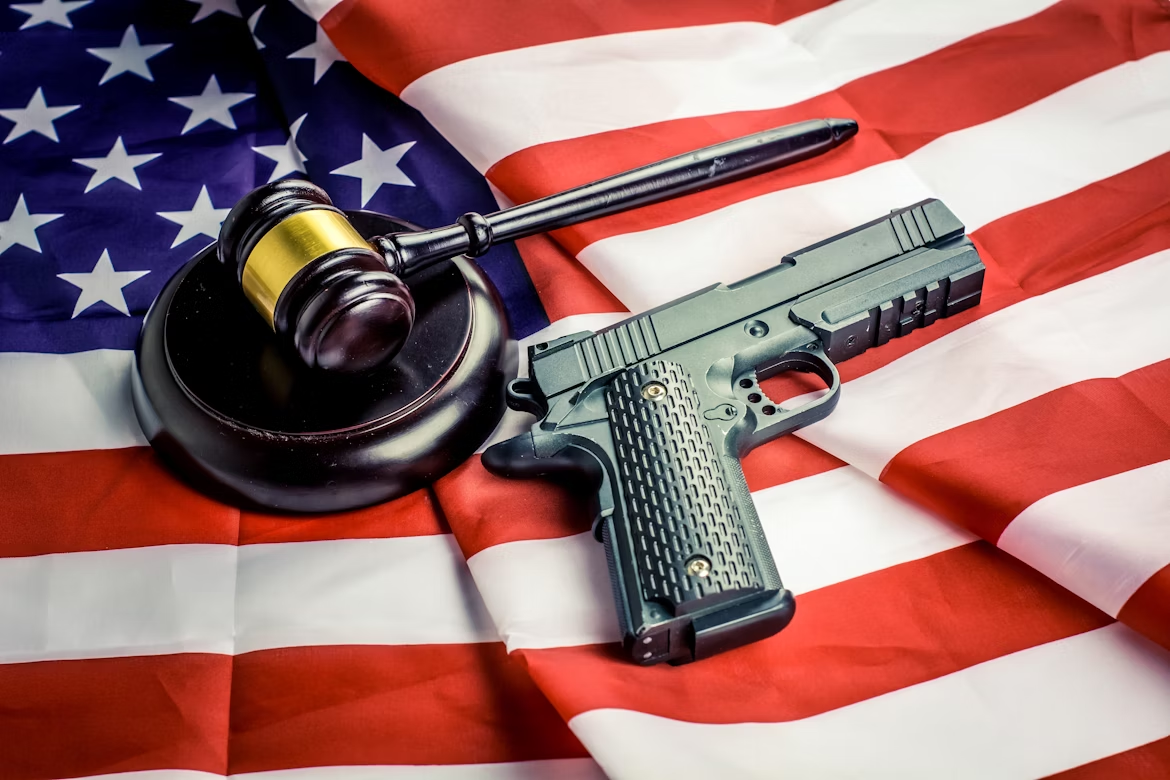Firearm ownership is a deeply rooted part of American culture, and Virginia’s legal framework reflects both respect for constitutional rights and the necessity of public safety. However, the laws surrounding firearm possession, transportation, and use are complex and often misunderstood.
A Gun Lawyer in Virginia plays an essential role in helping individuals navigate this intricate system, ensuring that their rights are protected while they remain in compliance with the law.
Overview of Gun Laws in Virginia

Virginia’s gun laws are known for being relatively permissive compared to many other states. The state does not require a permit to purchase rifles, shotguns, or handguns, and background checks are primarily required for purchases from licensed dealers. However, this does not mean the state’s gun laws are simple.
Several key statutes govern firearm ownership and use in Virginia, including:
- Code of Virginia § 18.2-308.2: Prohibits possession of firearms by convicted felons.
- Code of Virginia § 18.2-279: Addresses the unlawful discharge of firearms in public spaces or occupied buildings.
- Code of Virginia § 18.2-308.2:2: Establishes background check procedures for firearm sales.
While the state supports the Second Amendment, there are restrictions related to age, prior criminal convictions, mental health adjudications, and certain protective orders. Misunderstanding these provisions can lead to serious legal consequences.
The Role of a Gun Lawyer in Virginia
A Virginia gun lawyer serves as both an advocate and an educator. Their role extends beyond courtroom defense, they help clients understand the implications of firearm laws, prepare for background checks, and respond to investigations or charges related to firearms.
Key Responsibilities Include:
- Legal Defense: Representing clients charged with offenses such as unlawful possession, concealed carry violations, or illegal firearm sales.
- Compliance Guidance: Advising clients on how to lawfully own, carry, and transport firearms in accordance with state and federal law.
- Restoration of Rights: Assisting individuals especially those with prior convictions in petitioning for the restoration of their firearm rights under Virginia Code § 18.2-308.2(C).
For example, someone convicted of a non-violent felony may, under certain conditions, seek to have their rights restored after completing their sentence and demonstrating good conduct. A gun lawyer’s knowledge of both legal procedure and judicial discretion is essential in these cases.
Common Firearm Charges in Virginia

Despite clear statutes, firearm-related charges are often the result of misunderstanding or oversight. Some of the most frequent charges include:
1. Concealed Weapon Violations
Under Code of Virginia § 18.2-308, carrying a concealed weapon without a valid permit is a Class 1 misdemeanor for a first offense and can escalate to a felony for repeat violations. Many people mistakenly believe that having a firearm in their vehicle automatically qualifies as “open carry.” However, placement and accessibility matter improperly storing a firearm can transform a lawful act into a criminal offense.
2. Possession by a Prohibited Person
Federal and state laws prohibit firearm possession by individuals with certain criminal records, domestic violence convictions, or restraining orders. A violation can result in felony charges, which may carry prison time and permanent loss of gun rights.
3. Brandishing or Reckless Handling
Even displaying a firearm in a threatening manner without firing can lead to charges under § 18.2-282 for brandishing a weapon. Reckless handling, as defined by § 18.2-56.1, can also result in criminal penalties if a firearm is used carelessly in a way that endangers others.
Federal Laws Affecting Virginia Gun Owners

While Virginia sets many of its own firearm rules, gun owners must also comply with federal regulations enforced by the Bureau of Alcohol, Tobacco, Firearms and Explosives (ATF). These include restrictions on interstate sales, background checks under the Brady Handgun Violence Prevention Act, and regulations related to National Firearms Act (NFA) items such as suppressors or short-barreled rifles.
Violations of federal law can result in significant penalties, including lengthy imprisonment and forfeiture of firearms. A Gun Lawyer in Virginia must be familiar with both systems to provide comprehensive defense and compliance advice.
For authoritative reference, the U.S. Department of Justice’s Firearms Regulations Reference Guide (available at justice.gov) outlines many of these federal rules.
Restoring Gun Rights in Virginia
For individuals who have lost their right to possess firearms due to a felony or mental health adjudication, restoration is possible but the process is complex. Generally, the individual must:
- Have their civil rights restored by the governor, including the right to vote, hold office, and serve on a jury.
- Petition the circuit court in their jurisdiction for restoration of firearm rights.
- Demonstrate rehabilitation and responsible behavior since the disqualifying event.
A Virginia gun lawyer can guide clients through this procedure, helping them gather supporting evidence, prepare court petitions, and present their case effectively before a judge.
Gun Ownership and Self-Defense
Virginia recognizes the right to self-defense, including the use of firearms in justifiable circumstances. However, this right has limits. Self-defense must meet legal standards of reasonableness and necessity, and excessive or preemptive use of force can result in criminal charges.
Unlike some states, Virginia does not have an explicit “stand your ground” statute, but its castle doctrine allows individuals to defend themselves within their home without a duty to retreat. Understanding when deadly force is justified is critical for any firearm owner and a gun lawyer can clarify these boundaries.
Key Takeaways
Virginia’s firearm laws reflect a careful balance between individual liberty and public safety. While the right to bear arms is constitutionally protected, it is not without regulation or responsibility. Misinterpreting a statute or overlooking a procedural requirement can lead to serious criminal charges.
A Gun Lawyer in Virginia provides essential legal insight into these issues, helping citizens protect their rights and navigate the evolving landscape of firearm law. Whether addressing compliance, defending against charges, or seeking restoration of rights, informed legal guidance ensures that firearm ownership remains both lawful and secure.

